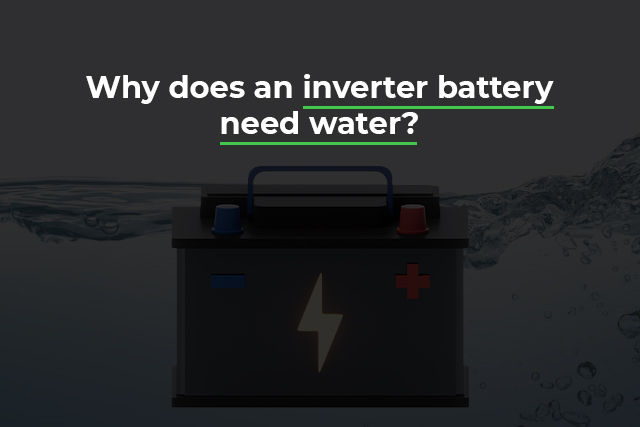- info@restorelife.io

As per the recent survey reports, in 2022, the market size for batteries in India was around one billion U.S. dollars which is estimated to reach six billion dollars by the end of the year 2030. Inverter batteries are often referred to as deep-cycle batteries and are simply defined as energy-storing devices with the primary function of storing electrical energy in the chemical form and converting it into alternating current (electricity).
One can find various types of inverter batteries in the market including lead-acid, lithium-ion, tubular, etc. Each of these types of inverter batteries comes with a series of advantages of their own, depending on the need and utility of the customer. Inverter batteries are mostly used to provide backup in times of power outages, as they are designed specifically to store energy in them, and to utilize this energy in times of distress or need, and then recharge the battery all by themselves.
Exploring this article will highlight, why an inverter battery needs water.
Inverter batteries are capable of providing enormous power backups during power outages or extended electricity cuts, yet all this will befall if proper maintenance of inverter batteries is not facilitated.
To ensure the smooth and efficient working of inverter batteries water refilling is an important aspect to consider for the following reasons -
1. Water Loss
As the inverter battery discharges, the chemical action of the battery weakens the electrolyte and depletes the water content therein. On recharging the inverter battery, the water gets consumed and thus becomes part of the charging system, further lowering the water content in the electrolyte. Gradually, this loss of water can concentrate the electrolyte and affect the performance and life expectancy of the battery adversely.
2. Electrolyte
In inverter batteries liquid form of electrolytes are utilized to facilitate the proper flow of ions among the positive and negative plates of the battery. This electrolytic level maintained in the inverter batteries drops due to the procedure of usage and recharging of inverter batteries, which must be maintained by the timely addition of water in the inverter batteries.
3. Maintenance of Electrolyte Level
Keeping the level of the electrolyte at the recommended level is very essential for the inverter battery to work satisfactorily and have a reasonable life expectancy. Since this occurs either through consumption or evaporation, the user refills the battery with distilled or deionized water to replace lost water and ensure the proper concentration of electrolytes is maintained.
Effects of Low Water Level
Several things can happen to the inverter battery if the water level is allowed to get too low in the battery:
●Concentration of sulfuric acid increases: Highly concentrated sulfuric acid can burn plates and separators inside the battery.
● Overheating: In case there is little water in the battery, overheating may occur during the process of charging; it is very dangerous for the whole system.
● Diminishing battery life: The overall life of the inverter battery comes down drastically if the water level is not maintained properly.
Importance of Proper Water Maintenance in Inverter Batteries
To maintain the water level in an inverter battery, users should regularly check the electrolyte level and add distilled or deionized water as needed to keep the level within the recommended range.
It is essential to use the correct type of water, as tap water or other types of water may contain impurities that can harm the battery.
One can buy refurbished inverter batteries to save cost and ensure a longer lifespan. The maintenance of refurbished inverter batteries is the same as that of any regular old or new battery.
Conclusion
Water level maintenance in inverter batteries is an important concern that ensures that the batteries work to their full potential efficiently. Regular monitoring and checks of the water level in inverter batteries and replenishment of water whenever it is required, help to extend the life of the inverter battery and also prevent the damage of internal components.